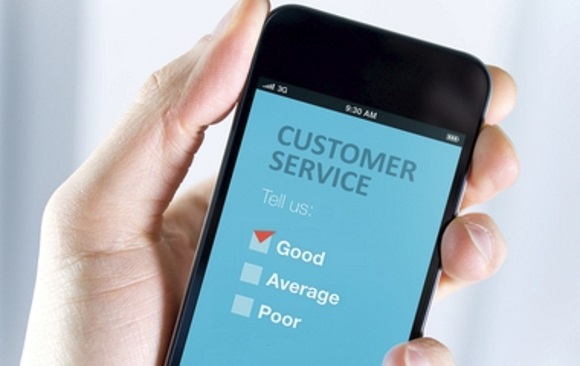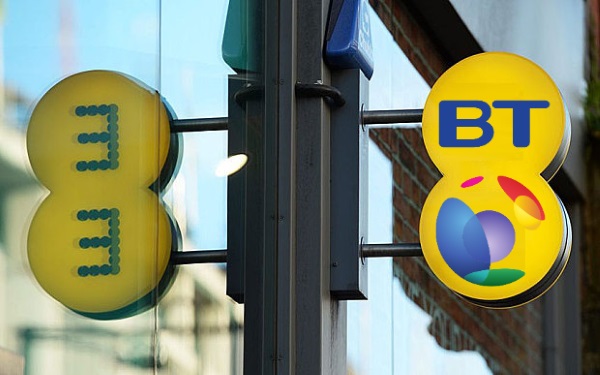MVNOs top customer service poll

A recent poll has shown that customers massively prefer smaller virtual mobile networks to the main players. The recent study asked users to rate the customer service and showed that industry veterans such as Vodafone and EE motivated the worst mobile networks in the UK while smaller organisations such as Giffgaff, Tesco Mobile and ASDA Mobile headed the pack.
The poll was carried out by moneysavingexpert.com and asked 10,620 users to rate their mobile provider’s customer service on a scale from “great” through “okay” to “poor”. The network that topped the table was Giffgaff scoring 65% “great responses” with only 5% of their users rating customer service as “poor”. Close behind in second, was Tesco Mobile with an impressive satisfaction rating of 63%. Third placed was ASDA Mobile and coming fourth was Virgin Mobile. It’s worth noting that all of these networks are MVNOs that actually run using other networks’ infrastructure.
Meanwhile, lingering down in last place was Vodafone scoring “great” in only 20% of responses. Perhaps worse was the fact that 28% of their customers rated the service as “poor”. Barely escaping the booby prize was it EE (including its Orange and T-Mobile brands) which shockingly only was scored “great” by 22% of their users.
The other two main mobile networks are Three and O2, who had to be satisfied with mid-table mediocrity being rated great by 40% and 33% of their userbase respectively. Both had relatively high numbers of “poor” verdicts with 12% of their users giving them the lowest grade.
The poll was especially surprising since MVNOs were evaluated so well. For example, ASDA Mobile actually run’s on EE’s backbone yet their “great” score was 54% vs 22% and only 14% of users decided their service was “poor” compared to 24% for EE.
Analysing the results, it should be clear that you don’t have to go with a big name to get great customer service. And just because you’re paying more with a major network, doesn’t mean you should expect to get a superior experience. ASDA Mobile has always been marketed as a budget network yet they completely outperformed their host network, EE, despite using the same infrastructure. Here’s the results in full:
| Rank | Network | Great | OK | Poor |
|---|---|---|---|---|
| 1 | Giffgaff | 65% | 30% | 5% |
| 2 | Tesco Mobile | 63% | 33% | 4% |
| 3 | ASDA Mobile | 54% | 31% | 14% |
| 4 | Virgin Mobile | 42% | 44% | 14% |
| 5 | Three | 40% | 48% | 12% |
| 6 | O2 | 33% | 55% | 12% |
| 7 | BT Mobile | 36% | 43% | 21% |
| 8 | Talk Mobile | 31% | 50% | 19% |
| 9 | EE | 22% | 54% | 24% |
| 10 | Vodafone | 20% | 52% | 28% |
If you’re not satisfied by your network’s service no matter what their ranking in the table above, remember it’s really easy to switch mobile network. And you can even keep your same number too. We always recommend going for PAYG or SIM-only deals because they are better value for money and you’re not locked in to a network you hate for years at a time.
Where did your current mobile network come in this consumer satisfaction poll? Do you think it’s a fair rating or do you disagree with the judgement? And which network would you switch to if you could?

 We’re now well into March and it’s time to have a look over the previous month’s news from the world of mobile phones.
We’re now well into March and it’s time to have a look over the previous month’s news from the world of mobile phones.


Recent Comments